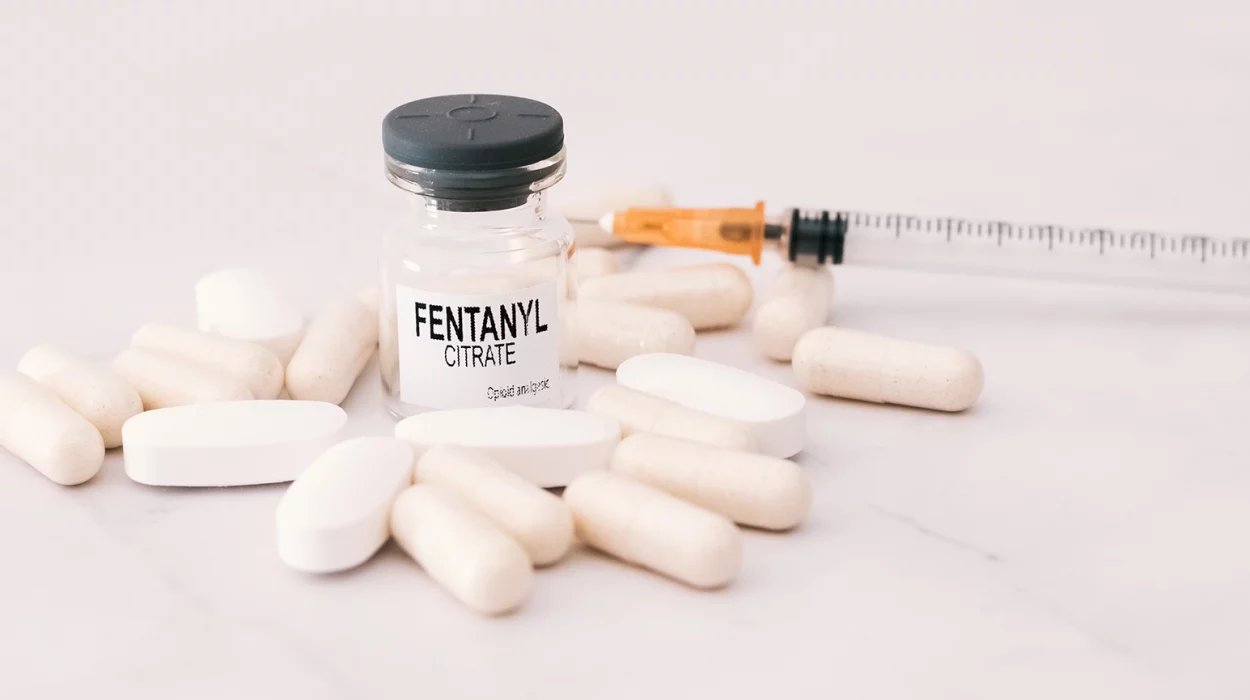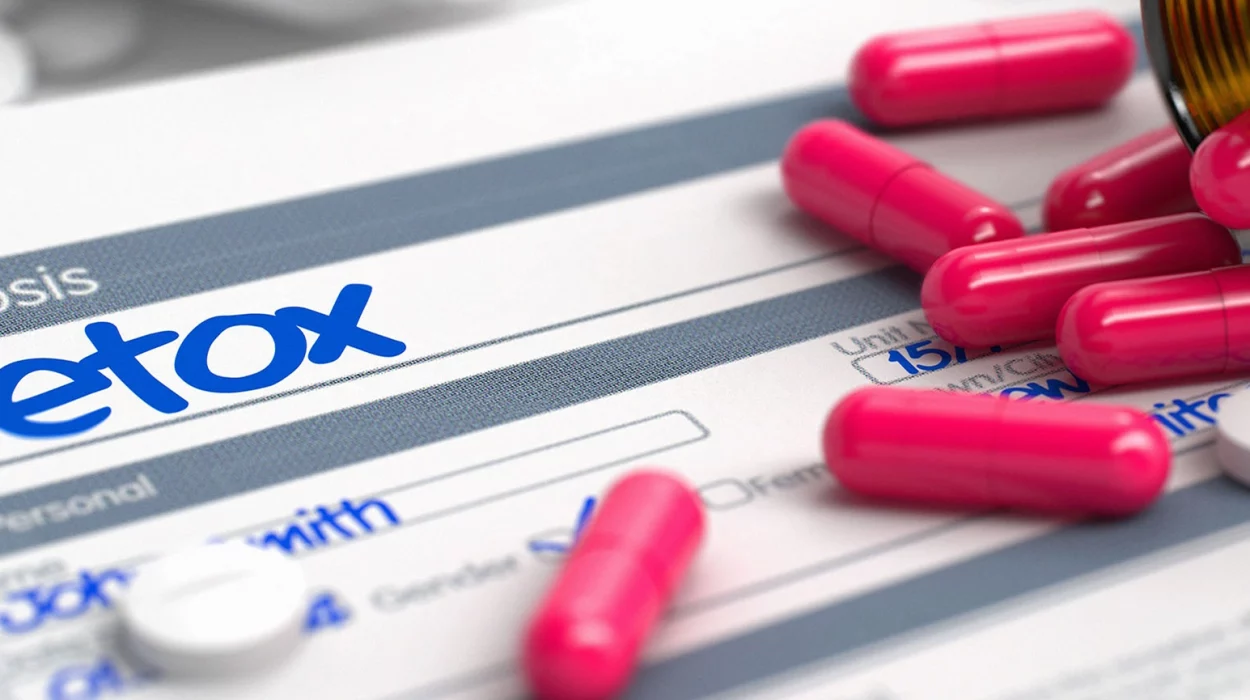
The Role of Nutrition in Supporting Your Body Through Weed Withdrawal
Imagine ditching the stress, unwinding after a long day, or simply finding a creative spark with a single puff. That’s
Not covered by OHIP (Ontario Health Insurance Plan)

TOP RATED
ADDICTION REHAB AND MENTAL HEALTH CENTRE


Imagine ditching the stress, unwinding after a long day, or simply finding a creative spark with a single puff. That’s

In recent years, the rise of fentanyl, an extremely potent synthetic opioid, has led to a dramatic increase in overdose

Drug addiction recovery can be a maze, even at the best of times. If you’re considering the path to recovery

Addiction detoxification is the process of ridding the body of toxic substances. It is an important step in the treatment

Drug addiction is a very misunderstood disease. Oftentimes, we do not understand how or why people get addicted to drugs.

What is the cost of Drug Detox Centres? Information regarding the cost of drug detox centres in Canada is rarely